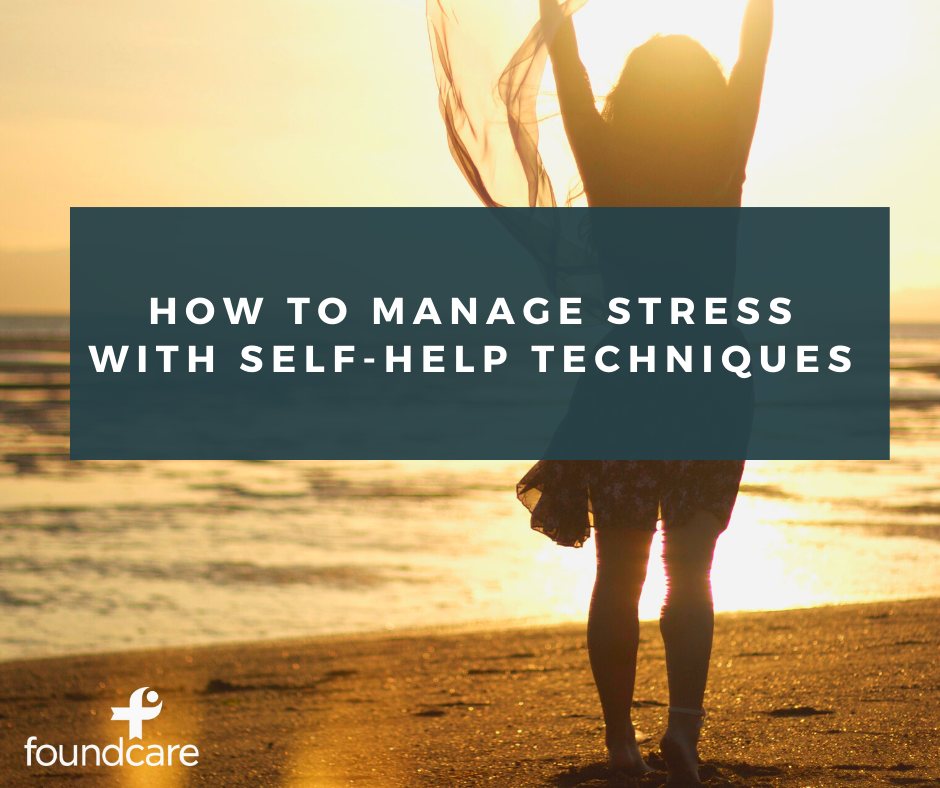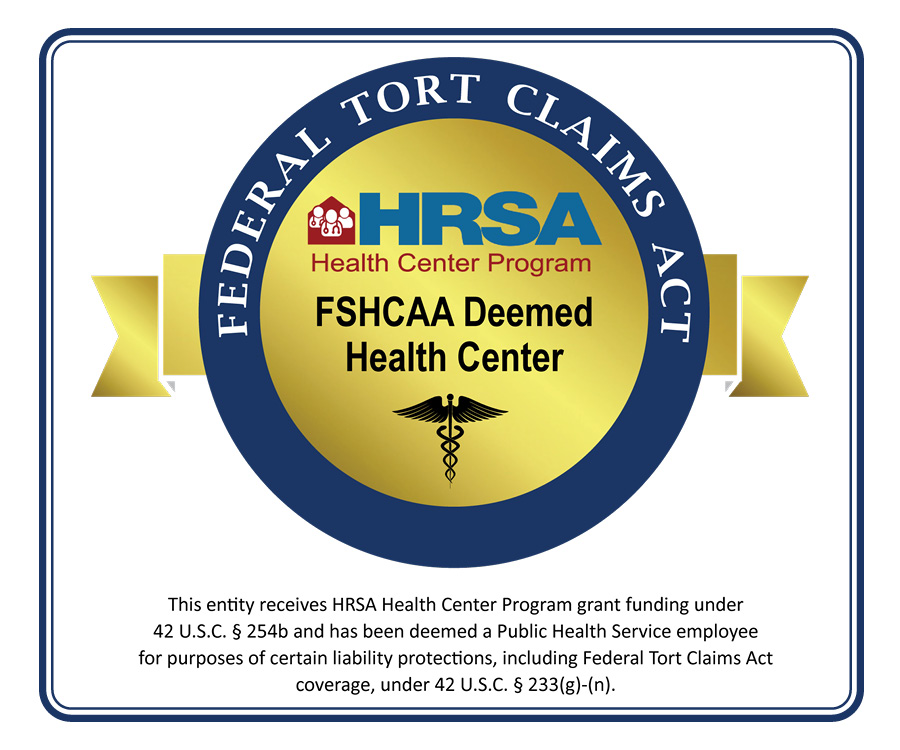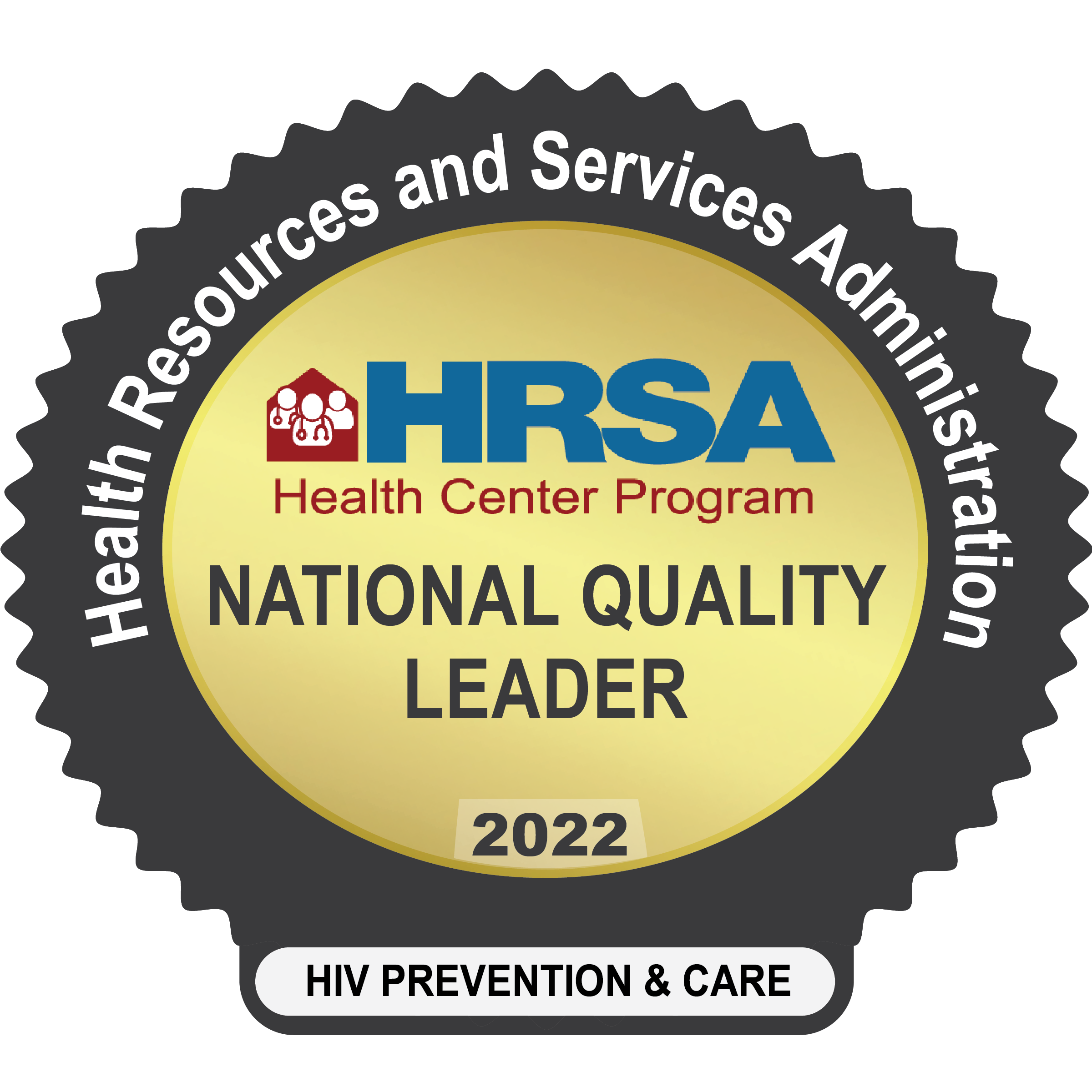Stress can make you feel worried, irritable, depressed, angry, or unable to focus. Physical signs of stress include trouble sleeping, upset stomach, headaches, weight gain or loss, frequent or more serious colds, and tense muscles.
It's important to remember that not all stress is bad and is different for everyone. Long-term stress, however, can lead to heart disease, obesity, high blood pressure, and depression.
Recognizing and understanding when you feel stressed are important first steps in managing stress. Once you identify that you are stressed, take time to relax. Ten minutes of focused, deep breathing can give your body the oxygen it needs to rid itself of stress. Planning and creating a task list based on the level of importance and deadlines are also a good way to manage stress.
Getting active and eating healthy are great outlets when it comes to managing stress. Scientists have found that even five minutes of aerobic exercise can stimulate anti-anxiety effects.
Talking to friends and family about how you feel is a great way to relieve stress. A small study by the American Psychological Association revealed that during stressful times, being around a best friend decreases levels of the stress hormone cortisol.
If self-help techniques like the ones listed above aren't working when trying to manage your stress, it’s important to go see your Doctor. FoundCare can help. Call 561-432-5849 to schedule an appointment.
Take this quiz to better understand your stress: https://www.mhanational.org/get-involved/stress-screener
References: (Adams, R. E., Santo, J. B., & Bukowski, W. M. (2011). The presence of a best friend buffers the effects of negative experiences. Developmental Psychology, 47(6), 1786–1791).













